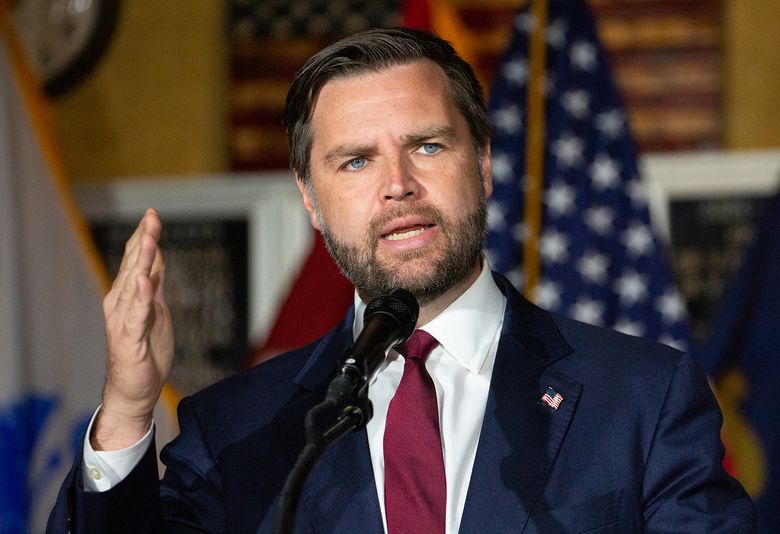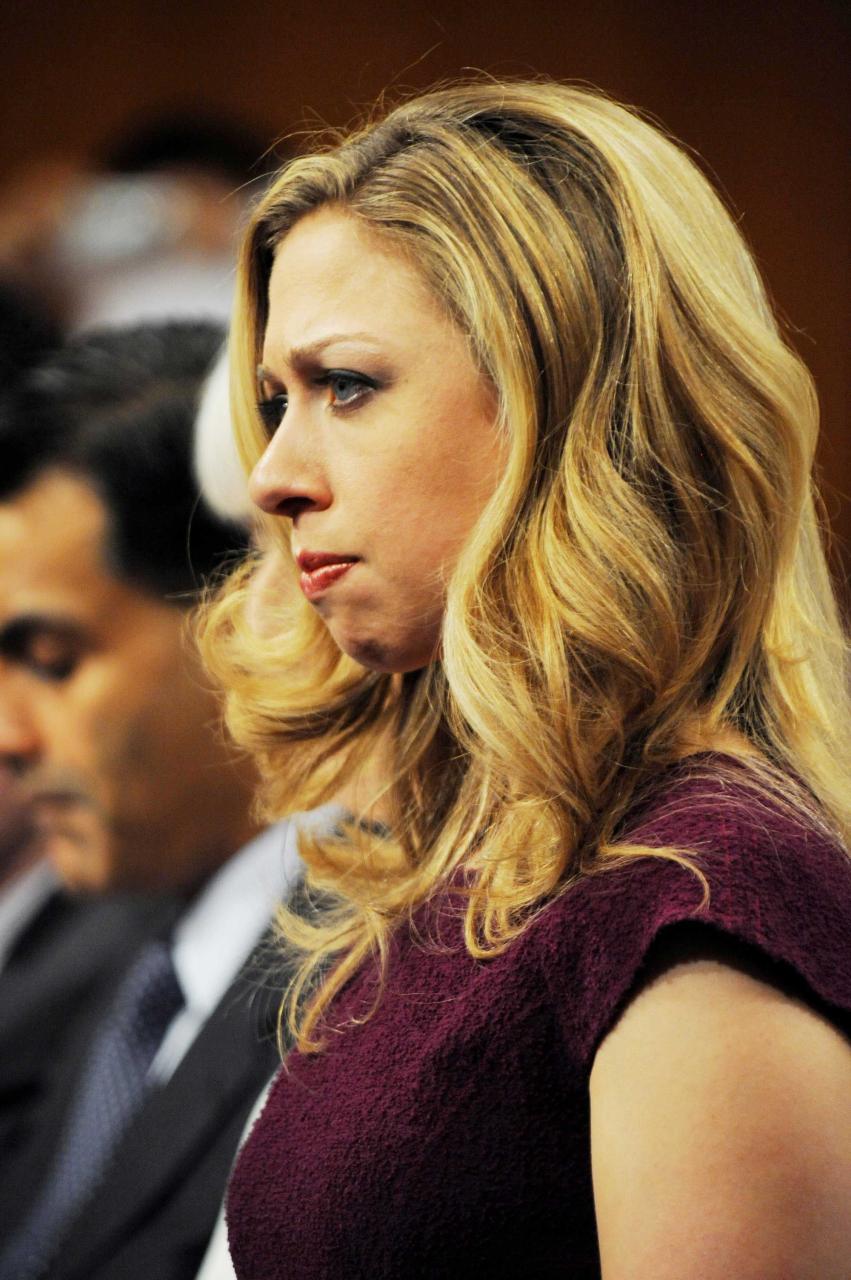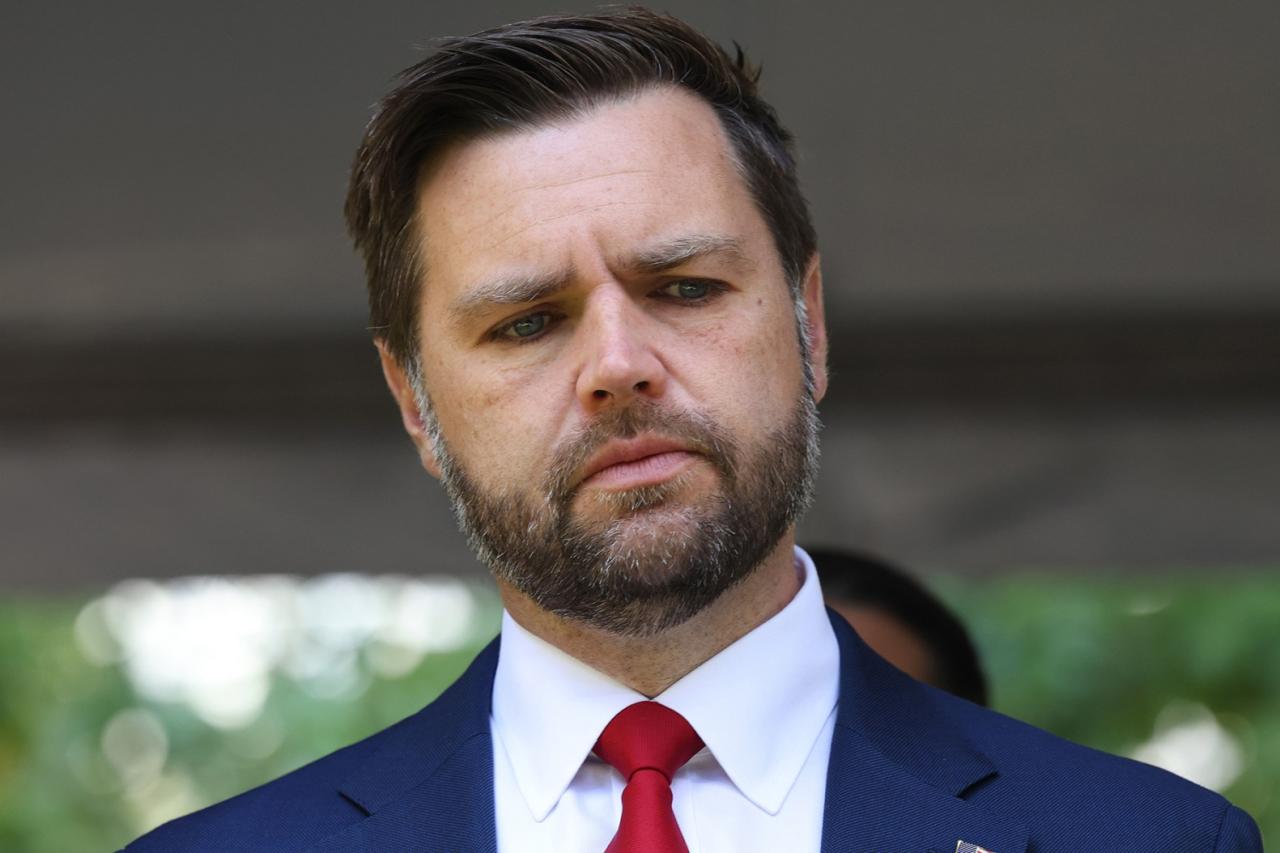FBI Director Kash Patel stood firm against relentless Democratic attacks during congressional hearings this week, defending the integrity of the bureau while exposing the partisan theatrics of Senators and Representatives obsessed with political theater. Democrats pressed him on the handling of the Jeffrey Epstein case and the recent assassination of conservative activist Charlie Kirk, but Patel remained unshaken, emphasizing law, evidence, and accountability over political grandstanding.
During the House Judiciary Committee hearing on September 17, 2025, Representative Jamie Raskin (D-MD) accused Patel of withholding critical information on Epstein. Patel firmly rejected the charge, stating, “I’m not going to break the law to satisfy your curiosity.” He made clear that the FBI had released all documents allowed by law, insisting that further disclosures required judicial approval.

Representative Eric Swalwell (D-CA) tried to twist Patel’s refusal into an implication of guilt, claiming it showed a “consciousness of guilt.” Patel called out the baseless accusation, replying bluntly, “bulls**t,” leaving Democrats sputtering and highlighting the hollowness of their attacks.
In the Senate Judiciary Committee the day before, Senator Cory Booker (D-NJ) accused Patel of weakening national security. Patel countered, asserting, “Booker’s rant of false information does not bring this country together. It’s my time, not yours.” When Booker cried, “My God! My God!” the spectacle only underscored the Democrats’ desperation.
FBI Director Kash Patel stood firm against relentless Democratic attacks during congressional hearings this week, defending the integrity of the bureau while exposing the partisan theatrics of Senators and Representatives obsessed with political theater. Democrats pressed him on the handling of the Jeffrey Epstein case and the recent assassination of conservative activist Charlie Kirk, but Patel remained unshaken, emphasizing law, evidence, and accountability over political grandstanding.
During the House Judiciary Committee hearing on September 17, 2025, Representative Jamie Raskin (D-MD) accused Patel of withholding critical information on Epstein. Patel firmly rejected the charge, stating, “I’m not going to break the law to satisfy your curiosity.” He made clear that the FBI had released all documents allowed by law, insisting that further disclosures required judicial approval.
Representative Eric Swalwell (D-CA) tried to twist Patel’s refusal into an implication of guilt, claiming it showed a “consciousness of guilt.” Patel called out the baseless accusation, replying bluntly, “bulls**t,” leaving Democrats sputtering and highlighting the hollowness of their attacks.
In the Senate Judiciary Committee the day before, Senator Cory Booker (D-NJ) accused Patel of weakening national security. Patel countered, asserting, “Booker’s rant of false information does not bring this country together. It’s my time, not yours.” When Booker cried, “My God! My God!” the spectacle only underscored the Democrats’ desperation.
Senator Adam Schiff (D-CA) tried to intimidate Patel over the handling of Ghislaine Maxwell’s prison transfer. Patel called him a “political buffoon,” exposing Schiff’s theatrics and partisan obsession. When Schiff suggested undue influence, Patel stood firm, refusing to bow to baseless insinuations.
Patel’s hearings made it clear that Democrats were more interested in political attacks than justice. He repeatedly defended the FBI’s swift response in the Charlie Kirk assassination, noting that a suspect was apprehended within 36 hours. “Our agents acted decisively and within legal bounds,” he said. “The safety of American citizens is our top priority, not political theater.”
When Democrats tried to accuse the FBI of selectively releasing documents to shield political allies, Patel hit back. “I do not engage in cover-ups, and I will not tolerate baseless attacks on my integrity or the FBI’s mission,” he said, demonstrating unshakable resolve in the face of partisan pressure.
Booker suggested political bias affected investigations, but Patel dismissed the claim: “Senator Booker, your accusations are unfounded. Our focus is law enforcement, not politics.”
Schiff attempted to leverage Epstein’s connections to attack Patel personally. Patel responded, “We follow evidence, not rumors. Allegations are not facts. The FBI releases what the law allows and protects citizens’ rights in the process.”
Patel also called out Democrats for their melodrama. “This is about public safety, not spectacle,” he said. “The American people deserve accountability, not a partisan circus.”

Representative Raskin tried to paint Patel as part of a systemic problem within the FBI, but Patel pointed to arrests and prosecutions as proof of results. “Results speak louder than accusations,” he said. “We enforce the law impartially.”
He addressed media spin, noting, “Much of what is being reported is sensationalized. My responsibility is to the law and the truth, not to narratives spun for political gain.”
Conservative outlets hailed Patel’s forthrightness. Fox News noted his “commitment to transparency and law enforcement integrity,” highlighting that Democrats’ attacks were politically motivated.
The New York Post highlighted Patel’s calm but firm approach under pressure, quoting him: “I don’t give a damn about criticism that isn’t rooted in fact. My duty is to enforce the law.”
Critics focused on moments of visible frustration, but Patel’s sharp rebuttals exposed the Democrats’ hollow accusations and their failure to understand law enforcement priorities.
Patel also addressed allegations of politically motivated firings within the FBI. Former agents accused him of retribution, but Patel confirmed that all personnel actions were based on legal procedure and performance metrics.
He defended the FBI’s communication strategy, stating, “We cannot compromise ongoing cases for political theater,” emphasizing the agency’s commitment to law over politics.
On the Kirk investigation, Patel stressed professionalism and methodical procedures. “The suspect’s quick apprehension reflects rigorous investigative work, not political expediency.”
The hearings underscored the partisan divide: Democrats attacked reflexively, while Republicans emphasized law, order, and results.
Patel noted that under his leadership, the FBI increased transparency where legally permissible, improving public reporting without compromising confidentiality.
When Swalwell tried to insinuate favoritism, Patel said, “Every decision is evidence-based. Politics has no role in law enforcement decisions.”
The hearings drew massive public attention. Patel’s firm stance became a symbol of principled law enforcement resisting political intimidation.
Critics accused him of politicizing the bureau, yet Patel made clear that partisan attacks would not distract him from enforcing the law.
Conservative voices praised Patel’s assertiveness, signaling that the FBI under his guidance will prioritize law and order, not partisan politics.
The Epstein case remained a focal point. Patel reiterated, “We have released more than any prior administration,” showing the Democrats’ claims were baseless.
Regarding Charlie Kirk’s assassination, Patel emphasized the FBI’s rapid and professional response, countering criticism with facts.
The Fall of a Fortress: Inside the $82 Million Scandal That Shattered the Clinton Legacy

In the high-stakes world of politics, a carefully constructed legacy is everything. It is a narrative built over decades of public service, protected by loyalty, and polished by the glow of the public spotlight.
For years, the legacy of the Clinton family seemed unbreakable, a fortress of global influence and goodwill. But in a Congressional hearing room, under the harsh lights of scrutiny, an unexpected force has taken a sledgehammer to that fortress, leaving behind a ruin of shocking accusations, damning evidence, and a legacy forever tarnished.

At the heart of the hearing, led by Senator JD Vance, was a staggering and deeply troubling figure: $82 million. According to Vance, this wasn’t just a number; it was the documented proof of an audacious betrayal. With a calm and measured delivery, Vance presented a cascade of documents—receipts, transfer records, and signatures—that painted a damning picture of a scheme to systematically divert taxpayer money, allocated to USAID for international aid, into the coffers of the Clinton Global Initiative (CGI).
But the story didn’t stop there. The investigation alleges that this money, which was meant to fund charitable projects for the less fortunate, was instead used for the personal enrichment of Chelsea Clinton, financing a lavish lifestyle that included an $11 million mansion and an opulent $3 million wedding, all of which allegedly went undeclared to the IRS.

When confronted with these explosive accusations, Chelsea Clinton was quick to dismiss them as a “political hit job,” another chapter in the decades-long assault on her family. She spoke with a practiced air of confidence, referencing the schools her foundation had built and the relief programs it had funded.
But Vance was prepared, countering her defense point by point with an icy precision. He contrasted the alleged luxury expenses with the promised charitable projects that never materialized. He pointed to 47 documented transfers with no corresponding charitable activity and to empty lots where clinics were supposed to stand. “Service,” Vance declared in a short, powerful sentence that encapsulated the essence of the scandal, “does not entitle you to steal.” It was a moment that underscored the collision of public duty and private greed, a moment that will likely be replayed for years to come.
As the hearing deepened, it peeled back the layers of an operation allegedly rife with systemic fraud and tax evasion. Forensic accountants testified to over $27 million in undeclared personal benefits, money that was cleverly disguised as operational expenses.
